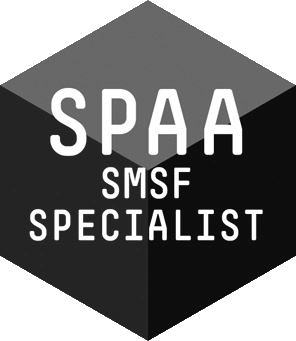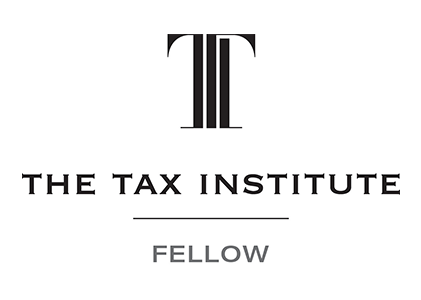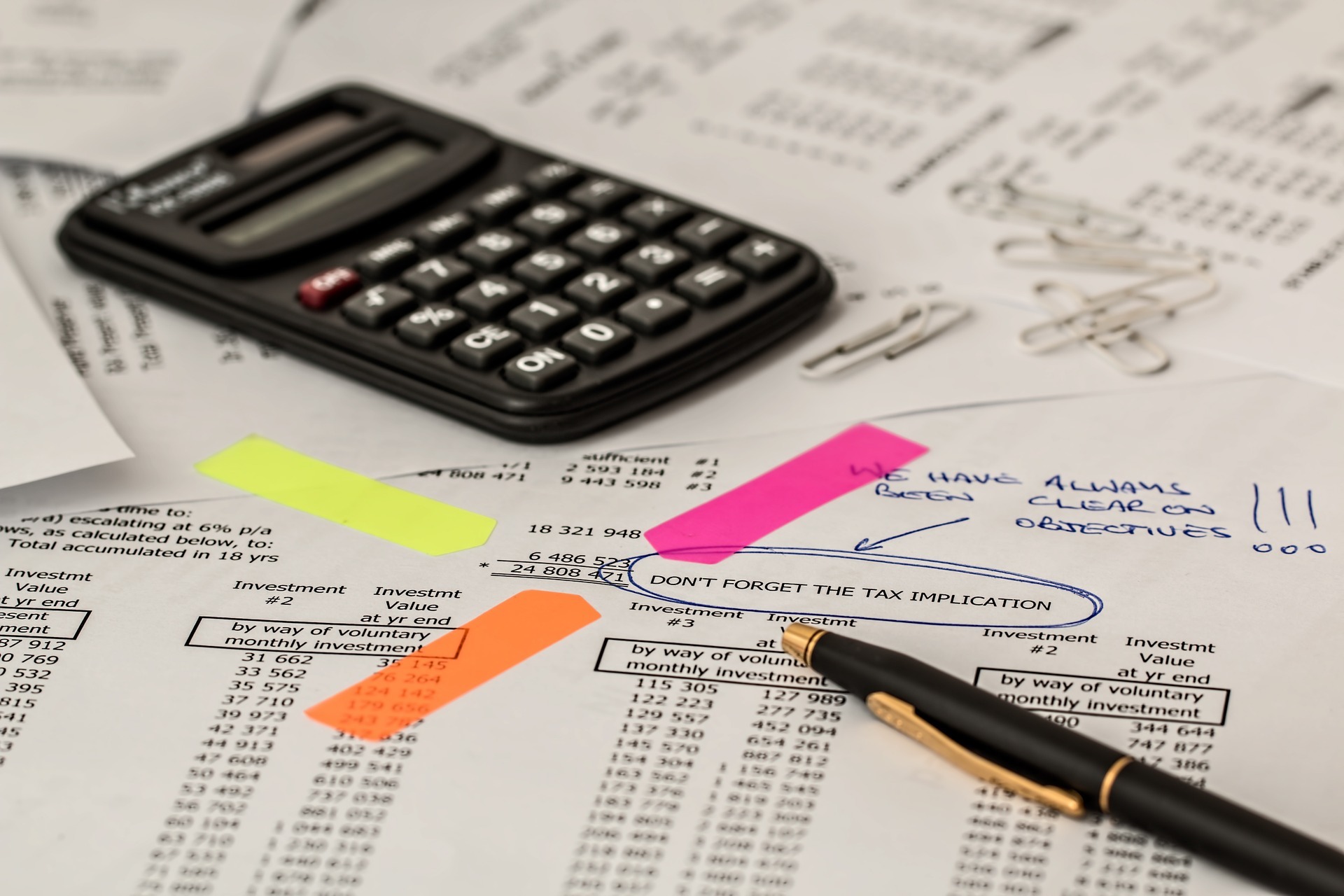Various expert, business or trades people are individuals from an association, and in the midst of their working life subscribe to a legitimate organisation.
A great part of the time the membership of an exchange union for example, or master affiliation huge to specialists in a particular occupation, would possess all the necessary qualities for deduction under the general deduction courses of action of the tax laws. See taxation ruling TR 2000/7 for points of interest.
What is the test for deductibility?
Extensively, the test for deductibility under the principles is whether the payment is outgoing that is significant and coincidental to the inference of assessable income. Much of the time, where the taxpayer is in receipt of a pay or temporary worker charges, the membership of an appropriate association would qualify under this area of the controls and the whole measure of the membership can be guaranteed as a deduction.
The drawback however is that the deduction is restricted to just $42 (under segment 25.55). So if the taxpayer was an individual from two associations each costing $50, the deduction would be constrained to $84. It has been that sum for a considerable length of time and it is not balanced for inflation.
A taxpayer could likewise fit the bill for either deduction for various memberships. For instance, a man who is qualified as an engineer yet who likewise fills in as a bookkeeper for a bookkeeping firm may assert a $42 deduction for the membership of an engineer's association, and claim a full deduction for membership of a bookkeeping body.
Pensioners and self-funded retirees
There is another area under the tax law that permits a deduction for such memberships, and there is fudge (of sorts) in that the prerequisite that the taxpayer determines assessable income related with that membership stretches out to "purposes identified with" income winning exercises. For instance, "the association may give counsel on taxation or how to boost the arrival on speculations".
Be that as it may it is additionally admissible for a resigned proficient who still has a place with an expert association that is a "trade, business or expert association" to make a deduction for that membership— yet confined to that $42 restrict.
What about special fees or levies?
Some of the time, notwithstanding occasional memberships, associations may charge individuals joining expenses, uncommon tolls and different commitments, for example, a unique reserve for one-off purposes (for instance, a trade union's strike battling store). The deductibility for those charges relies upon whether there is a reasonable and essential nexus between the exercises by which the assessable income is inferred and the reason for which the expenses are made.
A joining charge is by and large an unequivocally installment that gives the new part the persisting advantage of enrollment of the association. Its motivation is to cover the extra organization costs related with drafting another part or to contribute towards the foundation costs met by past individuals. The deduction for this is as yet restricted to $42.
Then again, the installment of an uncommon demand or commitment is a suitable deduction if the object is obviously connected to the exercises by which the assessable income is determined. For instance, a unique demand or commitment that laborers may have paid to their union for pay transactions may fit the bill for a tax deduction. Be that as it may, if the tolls and commitments are utilized to help a political gathering or groups of workers enduring money related challenges because of strike activity, these installments are not deductible.
Tax Store Accountants Gosnells.
Tax & Super Australia: Deduction for association subscriptions — eligibility can endure into retirement
Our Management Credentials





